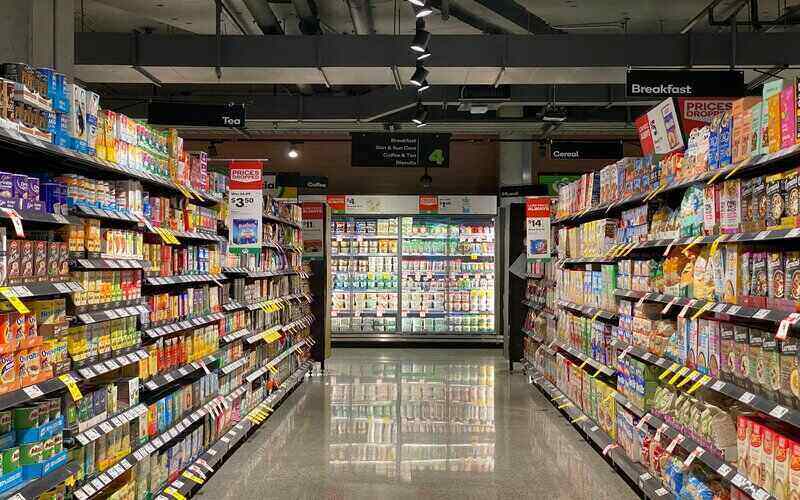The report from the Australian Council of Trade Unions, fronted by ex-ACCC chairman Allan Fels, found a lack of competition in Australia has led to some of its largest companies "profit pushing" prices.
Qantas, Coles and Woolworths were among those accused of increasing prices beyond what inflation made necessary, taking advantage of market monopolies/duopolies to boost profits at consumers' expense.
Mr Fels made several recommendations, including expanding the scope of the ACCC to launch market studies, as well as making it an offence to charge excessive prices.
"Prices in Australia are often too high reflecting the many markets where there is less than fully effective competition," Mr Fels wrote in his executive summary.
"Not only are many consumers overcharged continuously but ‘profit push’ pricing has added significantly to
inflation in recent times."
Qantas, Coles and Woolworths have already hit back, justifying price increases as a necessary response to inflationary pressures from costs like fuel.
"Disappointingly, the ACTU’s union-led inquiry neglected to engage the supermarket sector or consider the many factors which affect supermarket pricing," a Coles spokesperson said.
"We are working hard to help Australians put quality food on the table for their families at affordable prices...doing this against a challenging environment of high inflation, with rising costs that affect the whole economy including farmers, suppliers and retailers."
Are grocery price rises unfair?
Most of Australia has felt the pinch of rapidly rising grocery prices, which has been a significant contributor to high headline inflation numbers.
From December '21 to '22, the price of food and non alcoholic beverages rose 9.2% according to the ABS, and with Coles and Woolworths both posting profits in excess of $1 billion for the '23 financial year, experts say consumers are being exploited.
In the ACTU report, Mr Fels said the duopoly that both chains have over the grocery industry means there isn't enough of an incentive to lower prices.
"Coles and Woolworths still account for 65% of the market...duopolies have a mutual incentive not to decrease prices where possible," he said.
In its response, Woolworths pointed to its range of specials that it says help Aussies cope with the rising cost of living.
"[Woolworths is] providing over 6,000 meaningful weekly specials and [there are] 4,000 products on our everyday low price programs," a spokesperson said.
Coles meanwhile says much of the profits it makes can end up benefitting everyday Australians.
"[High profits] allows us to employ the 120,000 team members we employ, pay taxes in Australia, pay dividends to our hundreds of thousands of mum and dad shareholders and ensure long-term sustainable relationships with our suppliers," a spokesperson said.
Corporate profits driving inflation?
The high inflation Australia has seen over the past couple of years is often attributed to supply side disruptions from the pandemic and the war in Ukraine, with some also pointing to the RBA 'overstimulating' the economy during the Covid period.
However, there are also many voices that say large companies pushing up prices in pursuit of profits has been another major factor.
This was one of the conclusions from the ACTU report, pointing to profit growth disproportionate with total revenue.
"Official economic data confirms that profits rose dramatically...as a share of national GDP, reaching 28.7%...the highest in Australian history," Mr Fels wrote.
"This historic expansion in profits is clearly correlated with the surge in inflation during that time."
Opponents of this idea argue that much of these profit gains come from the mining and energy sectors, which isn't a major contributor to domestic inflation since the majority of these outputs end up overseas.
In the minutes for the November monetary policy meeting, RBA board members noted "growing signs of a mindset among businesses that any cost increases could be passed onto consumers," but Governor Michele Bullock has yet to point to corporate profits as a primary driver of inflation.
Picture by kupicoo on Unsplash



 Denise Raward
Denise Raward


 Aaron Bell
Aaron Bell
